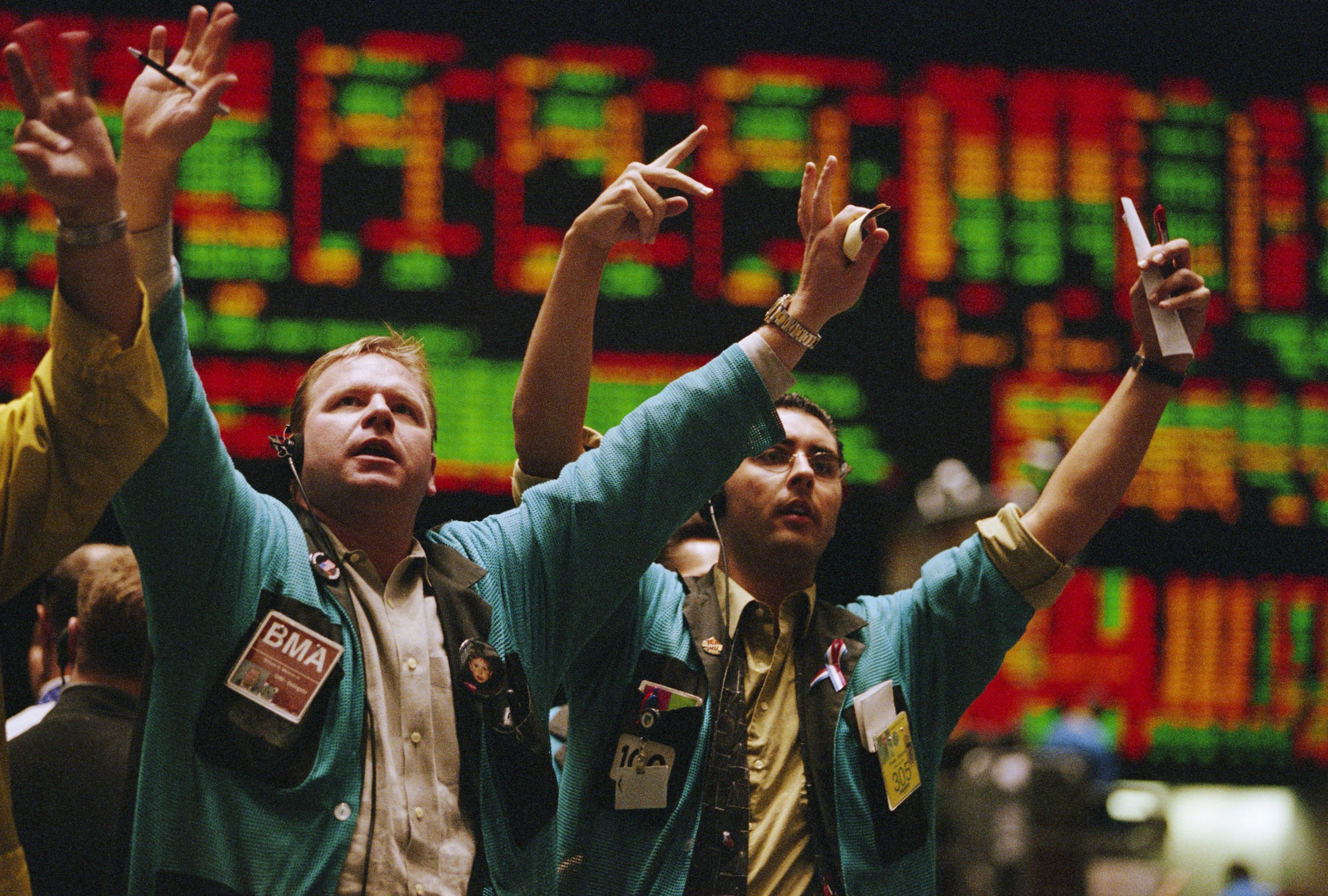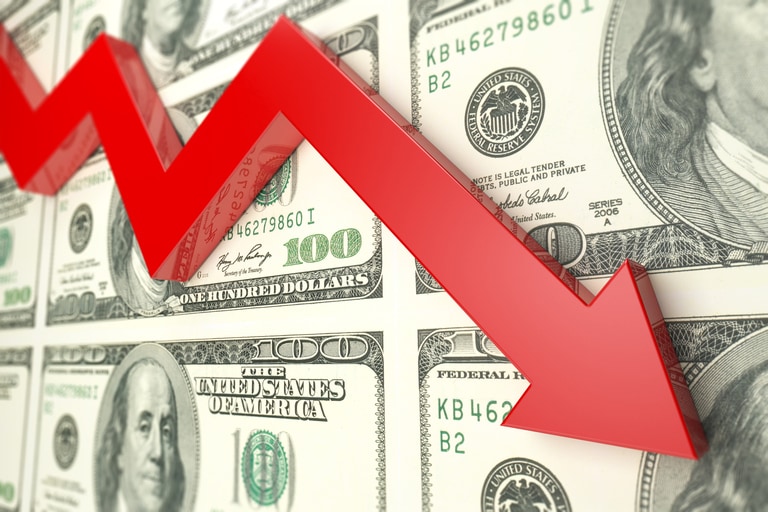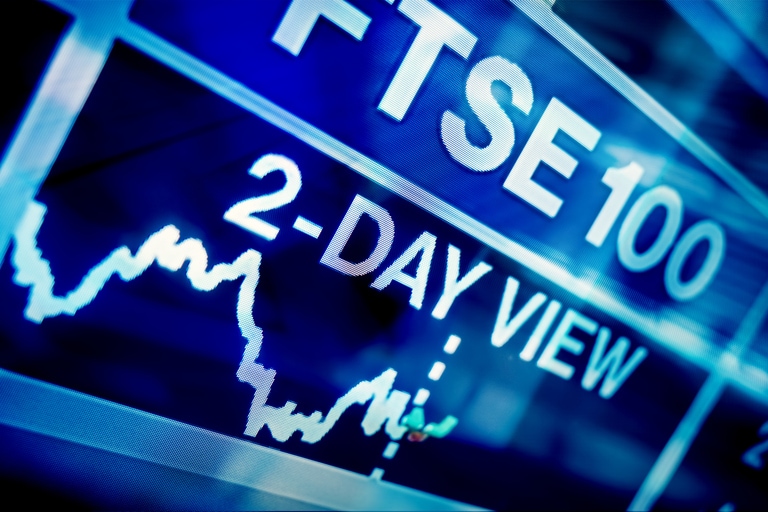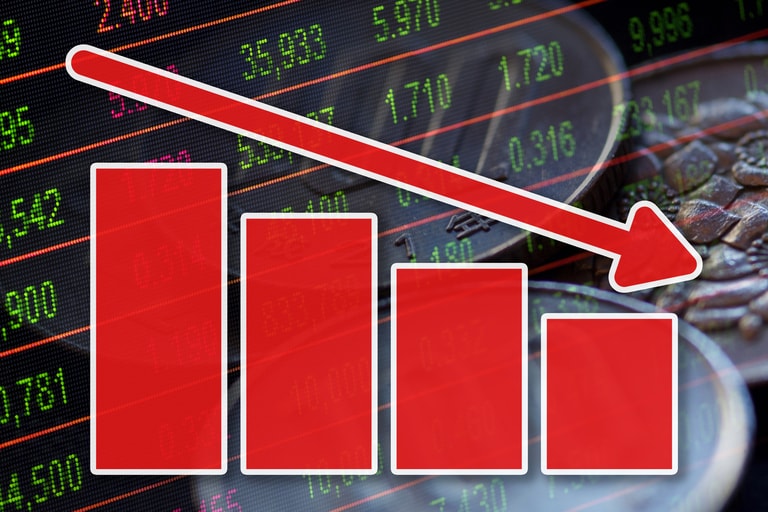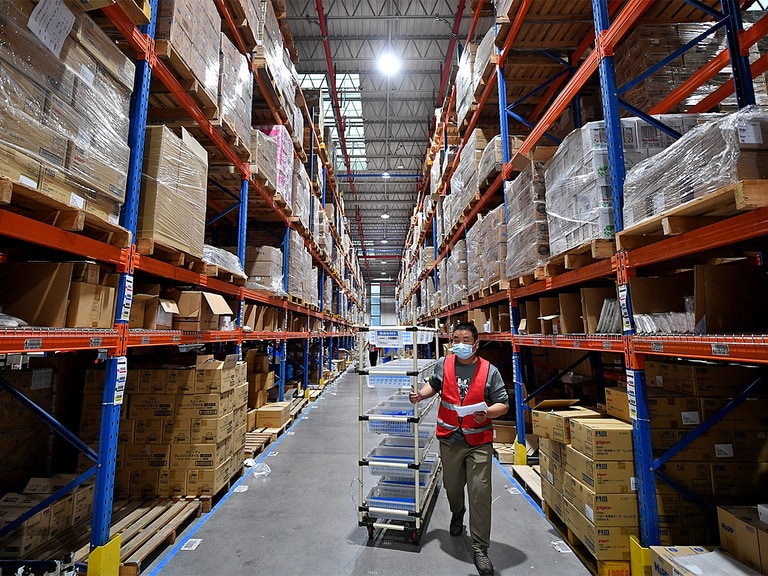In what has been a turbulent Monday session, European markets plunged sharply at the open on reports that the US was discussing the prospect of a total ban on Russian oil, which briefly sent Brent crude oil prices spiking up to $140 a barrel in Asia.
Europe
This spike higher proved to be rather short-lived, but it also highlighted how fickle market sentiment is, and is likely to remain, and while prices have since retreated from those intraday highs, they are still up on the day.
While the US could probably get away with banning oil imports, it is clear that the case for doing so in Europe is a much harder one to make, with Germany pushing back by saying it would not do so.
Markets have recovered off the lows of the day after the Kremlin said it was prepared to stop its military action immediately if Ukraine agrees to recognise the Crimea as Russian territory, Donetsk and Lugansk as independent states, and change its constitution to guarantee neutrality. The Kremlin also said it had no designs on any other parts of Ukraine.
While markets digest what this might mean going forward it's not immediately clear why Ukraine would accept such terms given that these terms aren’t that different from a few weeks ago. There’s also the small matter as to whether Russia can even be trusted or believed on anything it says, given how it has behaved over the weekend with respect to the ceasefire evacuation corridors.
The best performers today have been in basic resources, and oil and gas, after seeing new record highs in European natural gas, copper, nickel and palladium prices today, and this has seen the FTSE100 outperform today, despite hitting an intraday low of 6,787 soon after the markets opened. We did manage to see a sharp pullback in the afternoon session, recovering back above the 7,000 level briefly as investors get whipped from pillar to post.
The DAX has continued to get battered, falling to a 15-month low, although even here we’re still well off the lows of the day.
We’ve seen a continued recovery in the share prices of Evraz and Polymetal, as they prepare to get lumped out of the FTSE100 at the next quarterly review.
Shell is also higher on the back of today’s surge in crude oil prices to a 14 year high, as is BP.
Defence contractor BAE Systems has also outperformed as it looks to retest the record highs of last week.
On the downside, consumer staples have performed the worst as concerns over higher costs as well as demand destruction due to rising prices, hammer a wide range of sectors where lower margins will impact profitability.
Airlines unsurprisingly have been hit the hardest with higher fuel costs impacting them the most, with the likes of IAG, Wizz Air and easyJet all sharply lower.
US
US markets have also opened lower with the S&P500 trading down at a one week low as concerns over surging commodity prices weigh on broader sentiment.
Fears over rising prices appear to be driving US yields higher, as concerns about inflation outweigh concerns about geopolitics in US bond markets today. It’s been notable that despite the move into US 10-year bonds in recent days, which has seen 10-year yields fall back, hasn’t been reflected in US 2-year yields. This flattening of the yield curve appears to suggest that US investors are worried about higher prices in the short term, causing a potential slowdown in the shorter term.
FX
It’s been another strong day for the US dollar as it pushed to its highest level since May 2020 against the euro, which has continued to look weak after hitting a low of 1.0807 before rebounding. A move below 1.0800 could well see further weakness in the days ahead especially if the European Central Bank signals it has little appetite to raise rates this year, when it meets later this week.
The US dollar is also making ground against the Swiss franc and Japanese yen as it continues to benefit from a haven bid. EURCHF also briefly dropped through parity for the first time since 2015 when the peg got dropped, although we have since pulled back above 1.
The pound has also slipped below its lows last year, falling to its lowest level against the US dollar since November 2020.
Commodities
Gold prices briefly surged above $2,000 an ounce in early trade this morning, while palladium also hit record highs before retreating.
With Russia a key exporter of Palladium, concerns over a shortage sent prices to a new record high, however the gains didn’t last as risk sentiment continued to ebb and flow.
Copper prices also hit a new record high today as well as demand concerns prompted widespread buying over concern about future supply disruptions. The cost of energy is also helping to drive up the price due to higher smelting costs.
Brent crude oil hit its highest levels since 2008 over concerns about a Russian export ban, with the US likely to go it alone in doing so. While the US is likely to put pressure on Europe and Germany to follow its lead, it looks like the bar for doing so is much higher, given the much higher energy dependence Europe has for Russian oil and gas.
Volatility
In short, there’s only been one story on the agenda over the last week and that’s the war which Russia has picked with Ukraine. The accompanying global sanctions are hitting the Russian economy hard and that’s being played out with some volatility levels that in all reality we probably didn’t expect to be discussing when we first started this initiative a few months ago.
Looking directly at Russia, the Rouble has come under some sustained pressure following the isolation of the country’s central bank. Daily vol on USD/RUB exceeded 700% on Monday as a result, whilst by Friday the monthly print was closing in on 200%. To give some context, they are typically way higher than is seen on Cryptos.
Two other Russian linked assets which have been very much in focus are London listed stocks Polymetal and Evraz. Both lost their positions in the FTSE-100 last week following the sharp decline in market cap, but on Monday Polymetal’s daily vol sat at 958% whilst on Wednesday, Evraz reached 736%.
Trying to look beyond the unfolding political and humanitarian crisis, other areas of note this week included commodity crops. Both Russia and Ukraine are major exporters of wheat and despite a modest reversion towards the end of February, wheat has surged higher once again, with the underlying up 25% on the week. By Friday, daily vol sat at 109% up from 53% on the month. This also drove interest in Oat prices, where although the underlying move was less pronounced, the volatility stood out touching 140% on Wednesday. Oat versus Wheat may therefore be worth considering for some as a pairs trade.
Rounding off with indices, the Polish 20 has been top of the board all week, although daily vol has abated from the 88% recorded on Monday to finish the week printing around 68%, whilst cryptos have been largely subdued despite the potential use as an off-book wealth transfer tool.
CMC Markets erbjuder sin tjänst som ”execution only”. Detta material (antingen uttryckt eller inte) är endast för allmän information och tar inte hänsyn till dina personliga omständigheter eller mål. Ingenting i detta material är (eller bör anses vara) finansiella, investeringar eller andra råd som beroende bör läggas på. Inget yttrande i materialet utgör en rekommendation från CMC Markets eller författaren om en viss investering, säkerhet, transaktion eller investeringsstrategi. Detta innehåll har inte skapats i enlighet med de regler som finns för oberoende investeringsrådgivning. Även om vi inte uttryckligen hindras från att handla innan vi har tillhandhållit detta innehåll försöker vi inte dra nytta av det innan det sprids.
